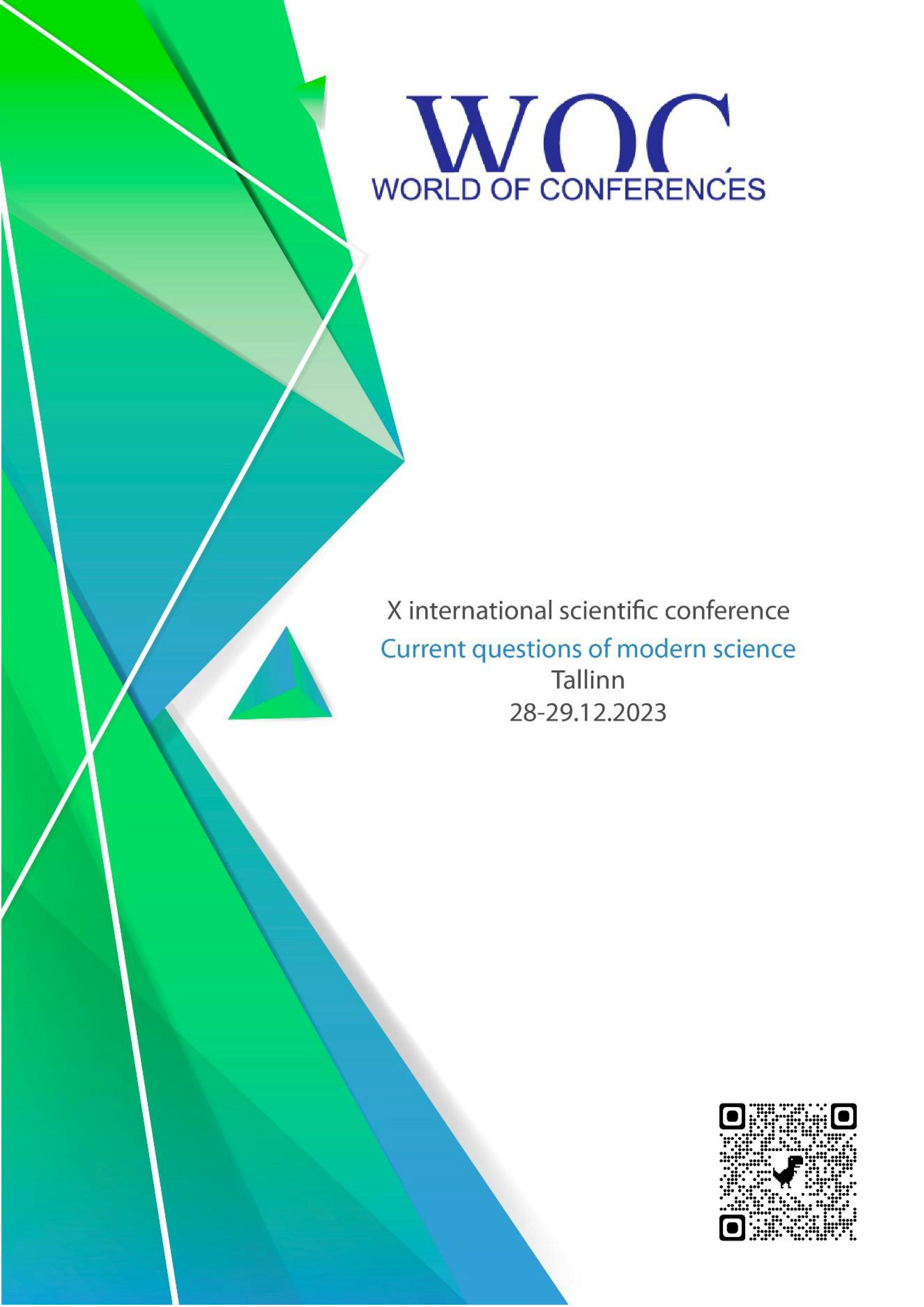EDUCATION AND GEORGIAN NATIONALISM AT THE BEGINNING OF THE 20TH CENTURY (1918-1921)
Abstract
From the second half of the 19th century, Georgia faced new challenges. On the one hand, it had to overcome the problems that arose as a result of the breakdown of the feudal system and establish itself in a new socio-economic environment and, most importantly, continue the struggle for the restoration of Georgia's independence in a different way: instead of armed protests, through education, knowledge, organization and its demand. to be relevant to the interests and capabilities of the era and Georgia. On the other hand, this is the period when a part of the Georgian cultural elite tries to propagate nationalism, increase knowledge, introduce the country's history to the wider strata, idealize the past, and stir up the consciousness of protecting national values. Also, since the 90s of the 19th century, new social strata have appeared: the proletariat and the bourgeoisie, and the foundation is laid for the formation of political parties, which had their own visions of gaining independence and the future development of Georgia.
References
Central Historical Archive of Georgia, (hereinafter referred to as STSA), p. 1833, ref. 1, Sak. # 81, p. 4
L. Botsvadze, Public School and Vocational Education, Journal, Education, 1917, # 2, p. 89
Ted Levellen, Political Anthropology, Introduction, Third Edition, Tbilisi, University Press, 2017, p. 224
How to Write History, Introduction to the History and Practice of Discipline, editors Peter Lambert and Philip Scofield, Introductory Letter, General Editing of Translation, Comments by Mariam Chkhartishvili, Tbilisi, Ivane Javakhishvili Tbilisi State University Press, 2017, p. 32
Journal, Traveler, 1903, # 7-8, p. 503
Newspaper, Community, 1914, # 164, p. 2
Newspaper, Community, 1912, # 54, p. 3
Newspaper, Voice of the Warriors, 1917, # 40, p. 13
Newspaper, Republic of Georgia, 1920, # 41, p. 3
T. Sarishvili, School and pedagogical currents in pre-revolutionary Georgia (1901-1921), Tbilisi, 1965, p. 26
Nationalism and Democratic Interests, Tbilisi, p. 146
Journal, Education, 1917, #6-7, p. 4
Newspaper, Republic of Georgia, 1918, #40, p. 3
CSAG 1935, census 1, Acts. #54, sheet 11
CSAG 1935, census 1, Acts. # 35, sheet. 11
CSAG 1935, census 1, Acts. # 84, sheet. 22
CSAG 1935, census 1, Acts. # 84, sheet. 25-26
CSAG 1935, census 1, Acts. # 455 sheet. 1
Newspaper, Iveria, 1905, #148, p. 1
K. Kandelaki, Georgian National Economy, Vol. 1, Paris: d. Kheladze Edition, 1935, p. 18
CSAG 1935, cens. 1, Acts. # 453, p. 1
CSAG 1935, cens.1, Acts. # 20, p. 4
Kakhaberi, Home Review, The Necessity of the National School, Journal, "Education", 1917, # 1, p. 56
History of Georgian Pedagogy, Tbilisi, Education, 1974, p. 153
A. Kacharava, A. Daushvili, Democratic Republic of Georgia, Struggle for Independence 1918-1921, Tbilisi, Atlanta, 2012, p. 62-63
M. Kvaratskhelia, Practical Activities of Tbilisi Local Self-Government 1917-1921, Tbilisi, Georgian University, 2017, p. 84
Al. Bendianishvili, The First Republic of Georgia, (1918-1921), Tbilisi: Chronicle, 2001, p. 262
Life of the regions of Georgia in 1918-1921, Tbilisi, 2018 p. 208-209

